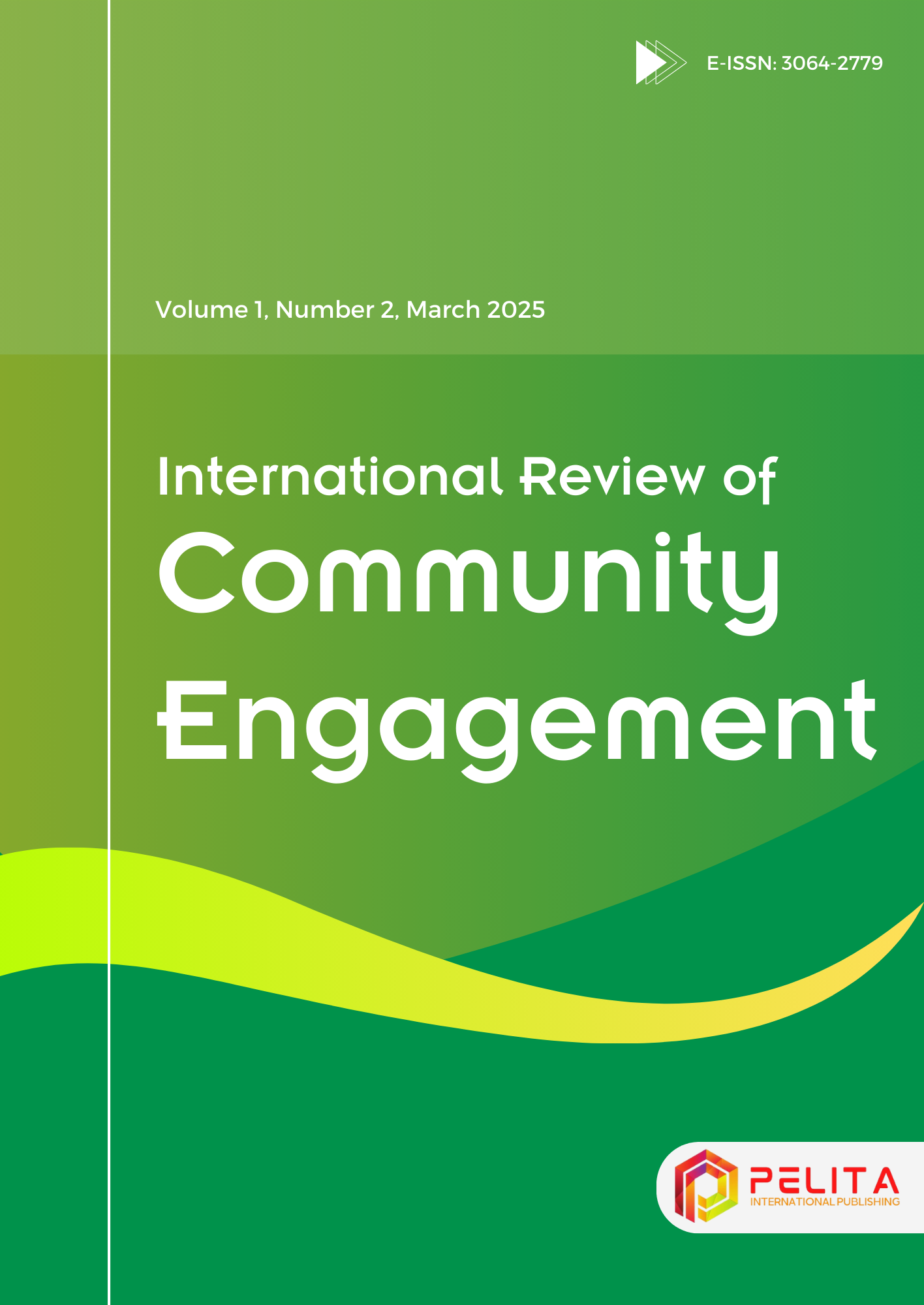
Enhancing environmental performance through green accounting-based financial reporting for achieving sustainable development goals
DOI:
10.62941/irce.v1i2.80Downloads
Abstract
The phenomenon of global warming has become a pressing issue worldwide, drawing attention to corporate environmental responsibility. Companies must address environmental concerns to prevent pollution, resource depletion, and ecological damage. The emergence of green accounting introduces the Socio-Economic Environmental Accounting (SEEA) concept, rooted in the triple bottom line theory. This approach emphasizes that financial reporting should not only reflect economic performance but also incorporate environmental and social dimensions. Current development efforts focus on sustainable development goals (SDGs), balancing ecological, economic, and social aspects through green accounting, which has been proven to enhance environmental performance. An analysis of a partner, a livestock-focused SME, revealed a lack of understanding and implementation of green accounting in financial reporting, particularly in documenting environmental costs. Moreover, the partner does not utilize digital accounting applications to simplify financial reporting. To address this gap, the community services team conducted activities to increase the partner's knowledge of green accounting and its application in financial reporting. These activities included green accounting socialization, training in financial reporting, development of accounting information systems, and ongoing mentoring, monitoring, and evaluation. The results indicate that the partner has significantly improved their knowledge and skills in preparing financial reports aligned with green accounting principles.
Keywords:
Green accounting SDGs environmental performance accounting information systemsLicense
Copyright (c) 2025 Murni, Nunsina, Munawarah, Emalia Ariska, Haryadi

This work is licensed under a Creative Commons Attribution 4.0 International License.









